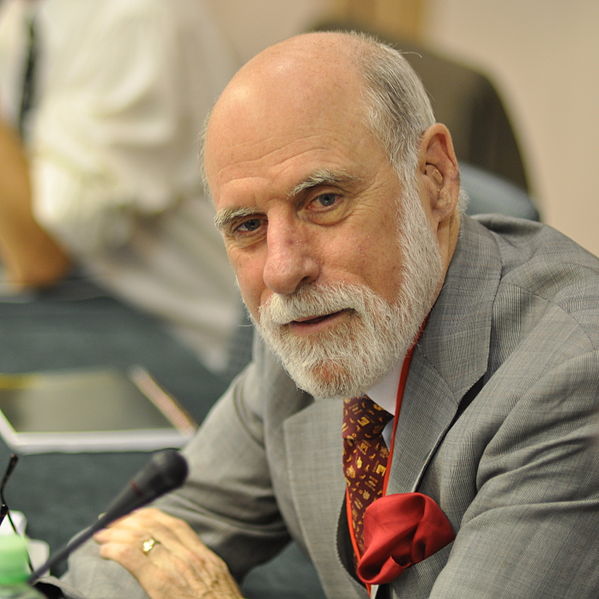
 By Ãâõýø ÃÅðÃâ¬ÃºÃ¾Ã²ÃÂúø
By Ãâõýø ÃÅðÃâ¬ÃºÃ¾Ã²ÃÂúø
RATHER than use the Internet to emancipate ourselves and communicate privately, many of us are now using it to inform corporations and governments, letting them read our minds. The transition is an interesting one to explore. The Internet came from the US military, so it is not surprising that the US still controls the Web [1], no matter what some may claim [2] to save face. The NSA has "commandeered" the Web/Internet, as Bruce Schneier put it, and it is now used as a strategic tool for controlling the population, e.g. by intruding people's hard -drives remotely (Microsoft Windows), fetching lists of everyone they ever spoke to (Facebook), and even reading their minds (Google). Telecom giants in the US meanwhile move forward, advancing their attacks on the Internet/Web [3,4]. Here in the UK (but elsewhere too), some silly Internet bodies like Nominet just look for new ways to tax us [5] for merely registering domains (an overpriced process as it is, given how little infrastructural overhead it entails). DPI is also a big menace here.
"The notion of hypertext was not invented by Tim Berners-Lee and the Web was not so innovative."The Internet is getting seriously messed up and now that the W3C wants to make it a DRM conduit it seems like a good time to embrace alternatives to the Internet (note capitalisation), ones that are build for security and privacy from the ground up, are decentralised, and definitely not controlled by the most militant nation on Earth (the flawed topology also enabled China to police its citizentry through the Internet, adding layers of censorship and surveillance). Even tools like Tor are not so trustworthy anymore; they're under attack. Darknets are loosely defined in Wikipedia, but maybe the notion of an independent network of peer-to-peer-like nodes (e.g. wireless) should be embraced. OLPC sought to implement such a thing (interconnected meshes that use encryption and send packets by hopping netween end nodes) and Eben Moglen spoke about the flaws in existing networks a couple of years ago, suggesting one alternative or workaround. To many, this would seem impossible, ludicrous, unnecessary, etc. But after the NSA leaks it should become clearer that things are far worse than the population and even our governments care to realise. Even the US government was not properly informed (people like James Clapper lied repeatedly) of what the NSA (or military) had begun doing on the Internet.
It seems reasonable to say that in many ways the Internet is now broken beyond repair and it might be worth starting something from scratch. That would also obviate the need to figure out migrations from IPv4 to IPv6 (which hardly ever happened, even after a decade of waiting). The notion of hypertext was not invented by Tim Berners-Lee and the Web was not so innovative. Project Xanadu was the first hypertext project and it is more than half a century old. We can pick these earlier efforts (some are better implemented in their linking methods than the World Wide Web) and see if a better 'internet' can be built, this time more properly, right from the get-go. Whether landline infrastructure and wireless equipment can be re-purposed to suit the requirements of a new 'internet' is an open question and given what's practical to implement, perhaps it's worth making a strong start (the Internet can be used as a temporary compatibility layer, buffered with encryption to circumvent snooping). ⬆
Related/contextual items from the news:
All of the major internet organisations have pledged, at a summit in Uruguay, to free themselves of the influence of the US government.
The directors of ICANN, the Internet Engineering Task Force, the Internet Architecture Board, the World Wide Web Consortium, the Internet Society and all five of the regional Internet address registries have vowed to break their associations with the US government.
In a statement, the group called for “accelerating the globalization of ICANN and IANA functions, towards an environment in which all stakeholders, including all governments, participate on an equal footing”.
Nominet were told to stop creating new second level domains (like .co.uk or .me.uk) because they are a monopoly, and instead an independent consultative group decides when new .uk domains are needed. This group also decides who controls them, to avoid Nominet simply inventing new new second level domains (SLDs). This is important, as many people want to own all the domains potentially associated with their personal or company name. Only really new and non-confusing SLDs should be added, so that this problem is avoided.